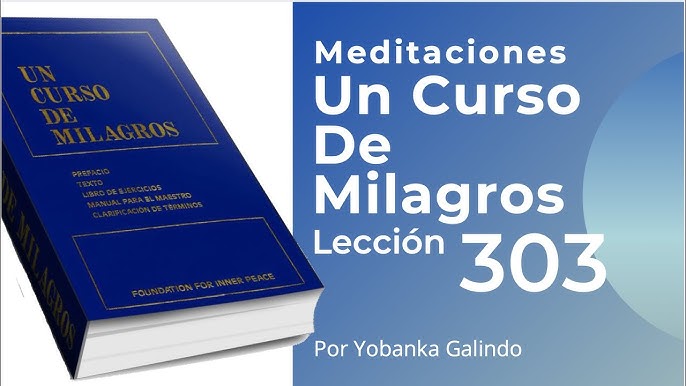Introduction:
Education is the cornerstone of personal and societal development, laying the foundation for progress, innovation, and a thriving community. In this article, we will explore the multifaceted nature of education, examining its key components, evolving trends, and the Kristen Yusuf power it holds.
The Dynamics of Education:
- Formal Education:
- Formal education, delivered through schools, colleges, and universities, is a structured system designed to impart knowledge and skills. It provides a standardized curriculum, assessment methods, and formal qualifications that shape individuals for future endeavors.
- Informal Education:
- Beyond formal institutions, informal education plays a crucial role in learning. Informal education encompasses experiences gained through daily life, interactions with others, and self-directed learning. It complements formal education and fosters a lifelong learning mindset.
- Technological Integration:
- The digital era has revolutionized education, introducing online learning platforms, virtual classrooms, and interactive educational resources. Technology facilitates access to information, personalized learning experiences, and global collaboration.
Empowering Learners:
- Critical Thinking and Creativity:
- Modern education emphasizes the development of critical thinking and creativity. Encouraging students to question, analyze, and think innovatively prepares them for the complexities of the real world.
- Holistic Development:
- Education is not just about academics; it encompasses physical, emotional, and social development. Schools and institutions are recognizing the importance of fostering well-rounded individuals by promoting extracurricular activities, sports, and emotional intelligence.
Global Trends in Education:
- Adaptive Learning Models:
- Adaptive learning recognizes and accommodates diverse learning styles. With personalized learning paths, adaptive models tailor educational content to individual needs, enhancing engagement and understanding.
- Project-Based Learning:
- Project-based learning shifts the focus from rote memorization to practical application. Students work on real-world projects, promoting teamwork, problem-solving, and a deeper understanding of concepts.
Challenges and Opportunities:
- Access to Education:
- Despite progress, disparities in access to quality education persist globally. Efforts are ongoing to bridge these gaps through initiatives like online courses, open educational resources, and community-based educational programs.
- Changing Nature of Work:
- The rapid evolution of technology is transforming the job market. Education must adapt to equip students with the skills needed for the jobs of the future, emphasizing adaptability, digital literacy, and continuous learning.
Conclusion:
Education is a dynamic and evolving process that extends beyond the confines of traditional classrooms. It is a powerful tool that empowers individuals, shapes societies, and fuels progress. As we navigate the ever-changing landscape of education, it is essential to embrace innovation, foster inclusivity, and cultivate a passion for lifelong learning. Through a holistic approach to education, we can prepare individuals to thrive in an increasingly complex and interconnected world.




